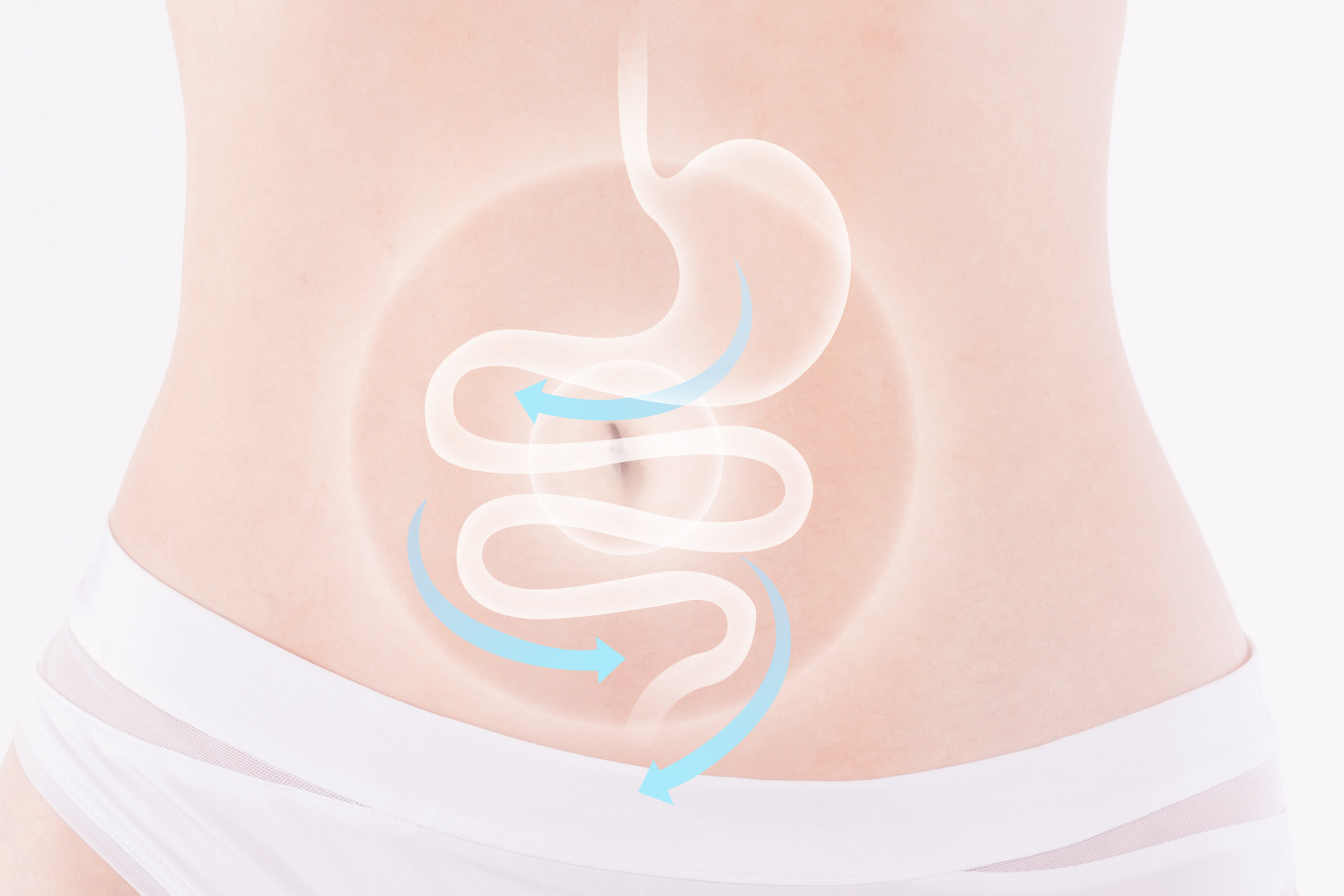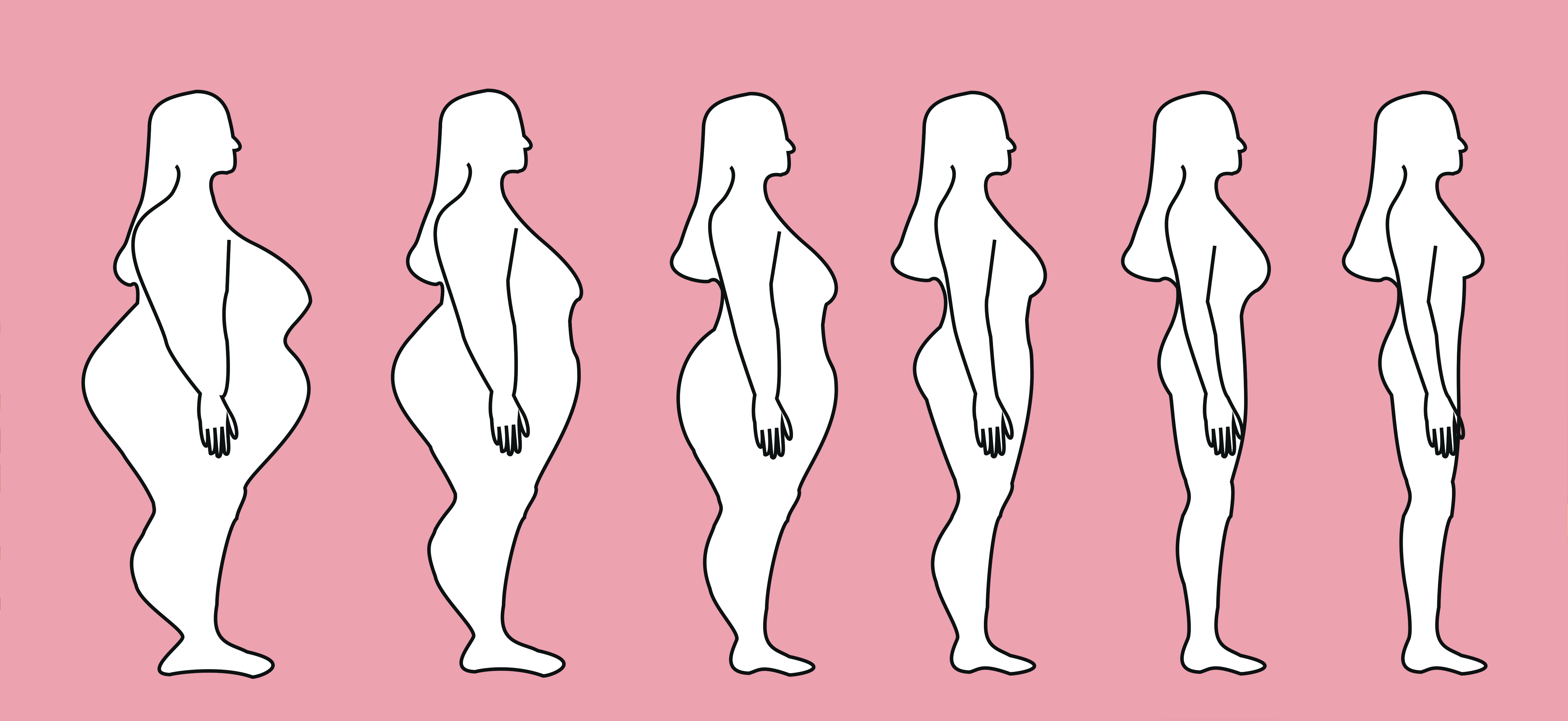There are many types of oil in food, which can be roughly divided into three categories: EPA found in fish, oleic acid found in beef, and linoleic acid found in vegetable oil. Because of their different structures, they have different effects on the body. And their effects on different types of obesity are also different.
The type of obesity is largely influenced by age, but recent research results suggest that it can be moderately controlled through diet.
In adipose tissue, there is a type of bud that specifically generates fat cells, called fibroblasts. When insulin is added to fibroblast buds, it can be observed that they gradually develop into fat cells. Here, let's add various types of fat together and observe how many cells can be cultivated.
So, we found that when EPA or its similar DHA and oleic acid are added, it inhibits the growth of fat cells. However, when oleic acid or linoleic acid is added, this effect does not occur.
In further animal experiments, we confirmed that the fat in fish oil can prevent the proliferation of fat cells. Female mice were fed with peanut oil (which increases fat cells), and some mice were also fed with fish oil. The results showed that fish oil led to a lesser increase in the number of fat cells.
The above experiments prove that the fat contained in fish can prevent the proliferation-type obesity of fat cells.
Of course, it cannot be said that simply eating fish and not eating meat will make you lose weight. The basic method of losing weight is to ensure a balanced diet, reduce the intake of calories from starch and oil in moderation, and develop a habit of eating at fixed times every day.












